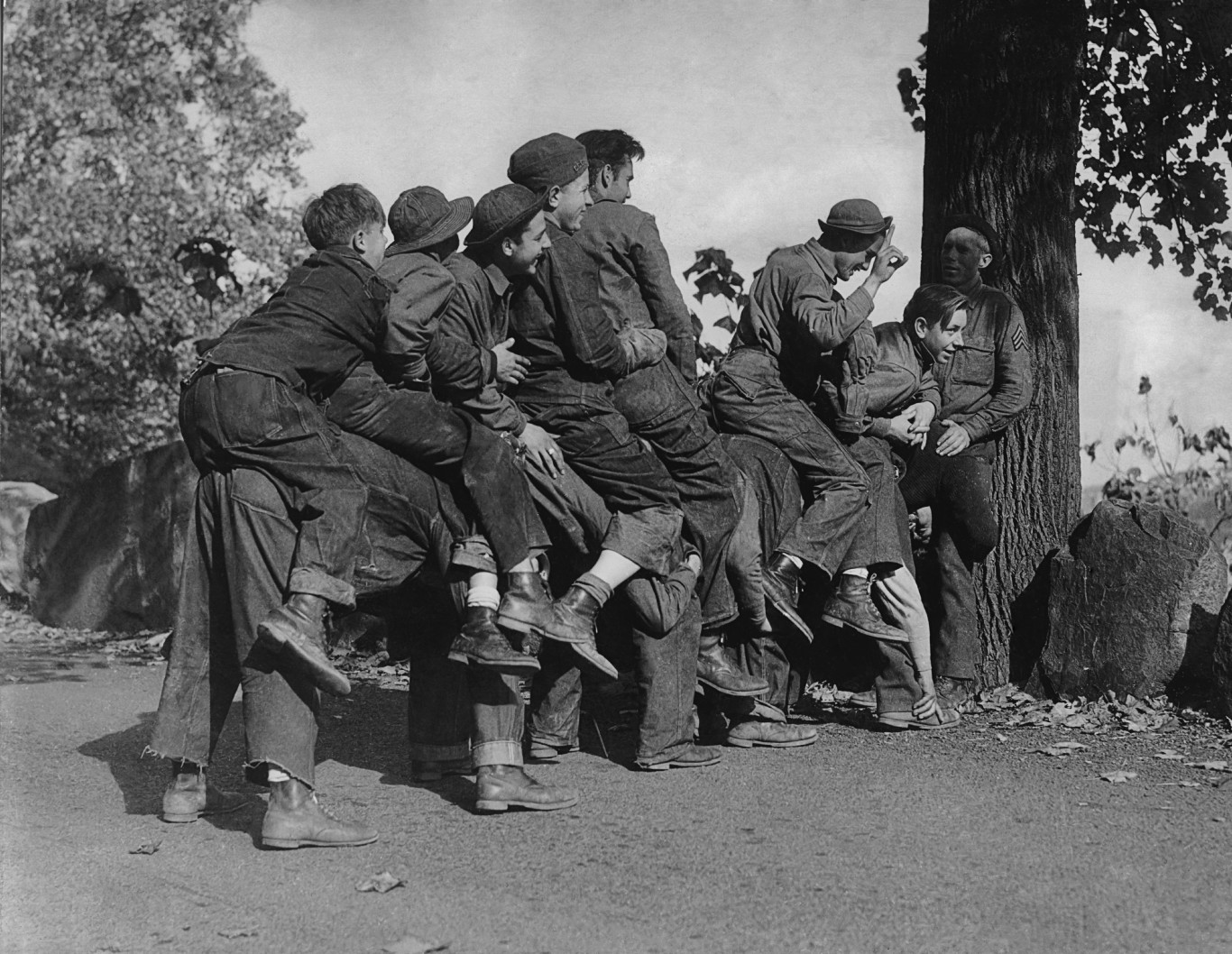 New data from the Bureau of Labor Statistics shows that the number of union members in the US dropped by 12.3% last year. Union members are now only 11.9% of the working population.
New data from the Bureau of Labor Statistics shows that the number of union members in the US dropped by 12.3% last year. Union members are now only 11.9% of the working population.
The sharp drop in union membership is not new and unions bear much of the blame for the trend. The BLS reports that “The number of wage and salary workers belonging to unions declined by 612,000 to 14.7 million. In 1983, the first year for which comparable union data are available, the union membership rate was 20.1 percent, and there were 17.7 million union workers.” The figure was almost certainly much higher 50 years ago when newspapers, the car companies, and the mining and steel industries were heavily unionized.
The age of Samuel Gompers and Walter Reuther is now decades gone. The labor movement gave tens of millions of American workers “fair” wages. Low wages delayed the rise of the consumer economy that essentially has driven US GDP growth since the 1950s.
Unions, however, have asked for too much recently. The newspaper industry was once one of the largest employers in America. Unions refused to allow workers to be laid off as printing techniques advanced requiring fewer employees. A series of strikes in the 1970s and 1980s effectively crippled any power pressmen and drivers had over management. Many of the actions which caused the labor unrest were based on the fear of management that industry profits had began to disappear.
Unions made the situation in the auto industry worse. Their contracts had been extremely costly though the unions did make concessions. The Big Three car companies, however, eventually fell so far into debt and lost so much money that courts stripped many workers of their rights in bankruptcy courts
The BLS reports that there one area of business and industry in which unions are doing well is in government. “The union membership rate for public sector workers (36.2 percent) was substantially higher than the rate for private sector workers (6.9 percent).” Ironically, this comes at a time when governments must drive austerity measures due to high deficits and lower tax receipts. The process to cut back union jobs in many states has already started.
The arguments that unions should demand higher wages and reasonable employment levels is that workers have earned the rights to their jobs through the contributions that they have made to the success of government or the private sector. This is true. However, it is also true that placing blame for the woes of the economy eventually becomes academic. Employers which face shutdowns will do whatever is necessary to cut labor costs, even if that includes bankruptcy. The excuses for failures are lost in the necessity of the moment.
Unions created a level of compensations and job security which was for the most part fair, but once their success exceeds the boundaries of the survival of institutions that argument begins to pale next to economic reality.
Douglas A. McIntyre
100 Million Americans Are Missing This Crucial Retirement Tool
The thought of burdening your family with a financial disaster is most Americans’ nightmare. However, recent studies show that over 100 million Americans still don’t have proper life insurance in the event they pass away.
Life insurance can bring peace of mind – ensuring your loved ones are safeguarded against unforeseen expenses and debts. With premiums often lower than expected and a variety of plans tailored to different life stages and health conditions, securing a policy is more accessible than ever.
A quick, no-obligation quote can provide valuable insight into what’s available and what might best suit your family’s needs. Life insurance is a simple step you can take today to help secure peace of mind for your loved ones tomorrow.
Click here to learn how to get a quote in just a few minutes.
Thank you for reading! Have some feedback for us?
Contact the 24/7 Wall St. editorial team.




